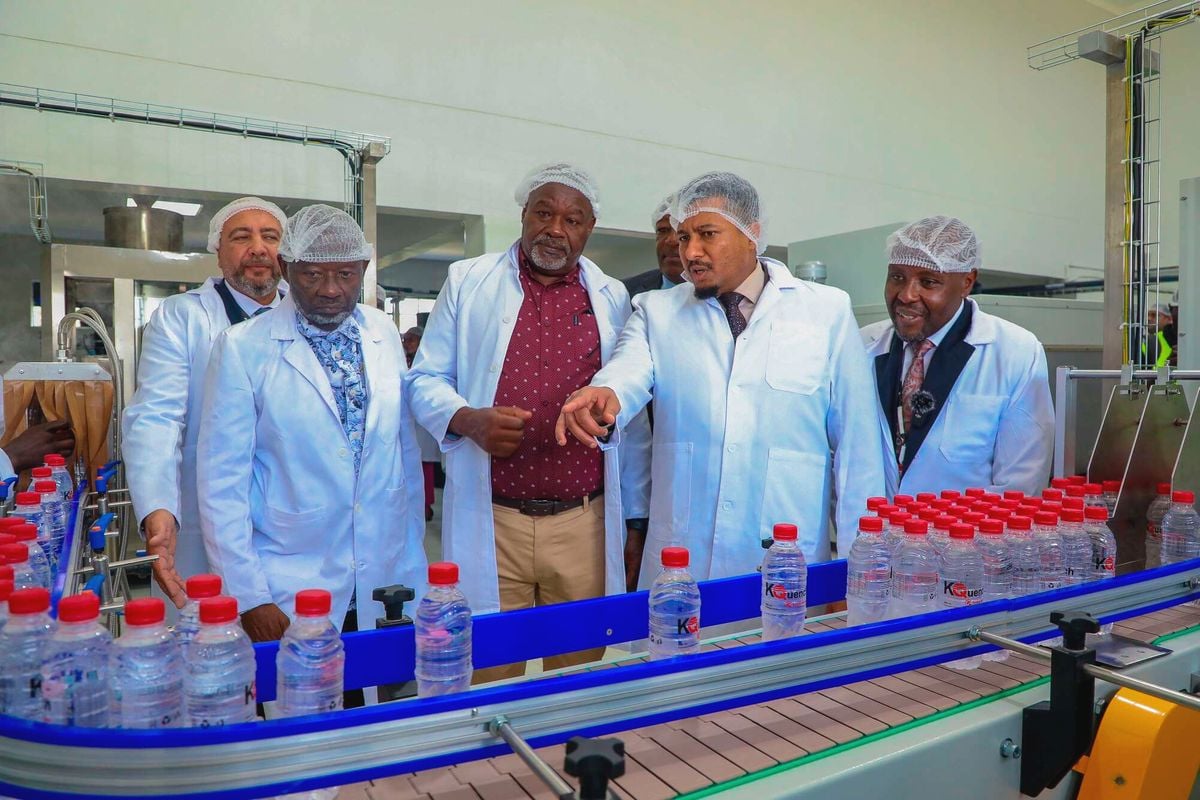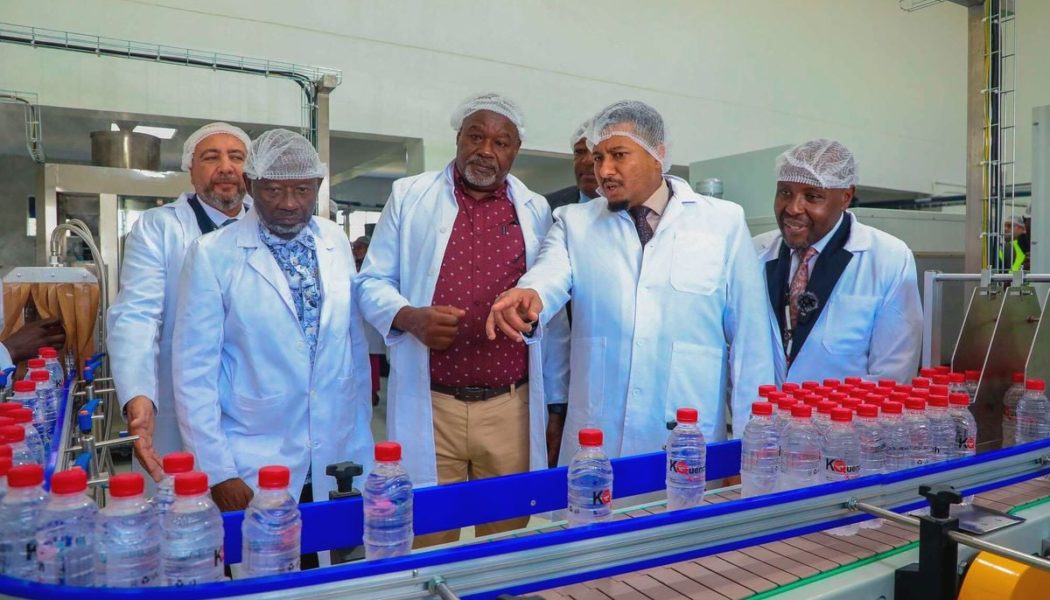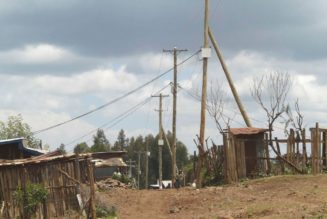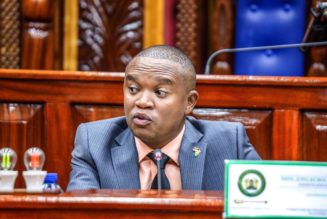
Kenya Airways (KQ) is eyeing savings of more than Sh209 million from its newly launched pyro-diesel and the newly acquired Msafiri building set to house its operations team, helping its efforts to return to profitability after years of loss-making.
The national flag carrier has launched a pyro-diesel production facility that will both reduce its carbon emissions and save on costs by using cheap fuel to power its machinery.
Pyro-diesel is a type of fuel produced from plastic waste by heating it in the absence of oxygen to break it down into various components, which are then refined into diesel for use in stationary engines such as generators.
KQ also launched a water purification and bottling plant to produce 300ml bottles of water to be served on its flights, which will further reduce costs, but it did not specify by how much.
The two plants, located at KQ’s headquarters at the Jomo Kenyatta International Airport (JKIA), will produce two essential commodities used by the airline in its daily operations, helping to save funds that would have otherwise be spent on their procurement.
In addition, the airline is also relocating its operations staff, previously spread across JKIA, to a newly refurbished building named Msafiri, which it procured from another carrier, saving up to Sh189 million annually in rent and parking costs.
“Kenya Airways is cutting costs. As you are aware, Kenya Airways is in the process really of ensuring that it cuts most of its costs as much as it can manage, and this is one of the ways,” said Transport Principal Secretary Mohamed Daghar.
KQ’s pyro-diesel plant, managed by Pyro-degrade Energy, will produce up to 1,000 litres of diesel per day, about 22 percent of the total daily requirement for all the airline’s ground equipment.
George Kamal, KQ’s chief operating officer, told the Business Daily that they have agreed with Pyro-degrade Energy to sell them the fuel it produces at half the market price, saving the carrier about Sh2.3 million a month and up to Sh27.7 million a year.
The water plant will produce up to 15,000 300-millilitre bottles of drinking water a day, enough to meet KQ’s weekly demand of 33,000 bottles for its flights, and the rest will be sold, generating additional revenue for the airline.
“We are going to sell the surplus to external entities like hotels. We are already in agreement with some hotels, with JKIA, and KAA,” Mr Kamal told the Business Daily.
KQ CEO Allan Kilavuka said the water plant in itself will “substantially” reduce the company’s operational costs. “Our estimate is that we will reduce our costs by 60 percent of our current costs for the water,” he said.
KQ has this year posted a half-year profit after tax of Sh384 million, the first in over 11 years, ploughing back from a loss of Sh21.7 billion in a similar period last year, largely due to a reduction in expenses.
With the new cost-cutting measures, the company hopes to post its first full-year net profit since 2013.









